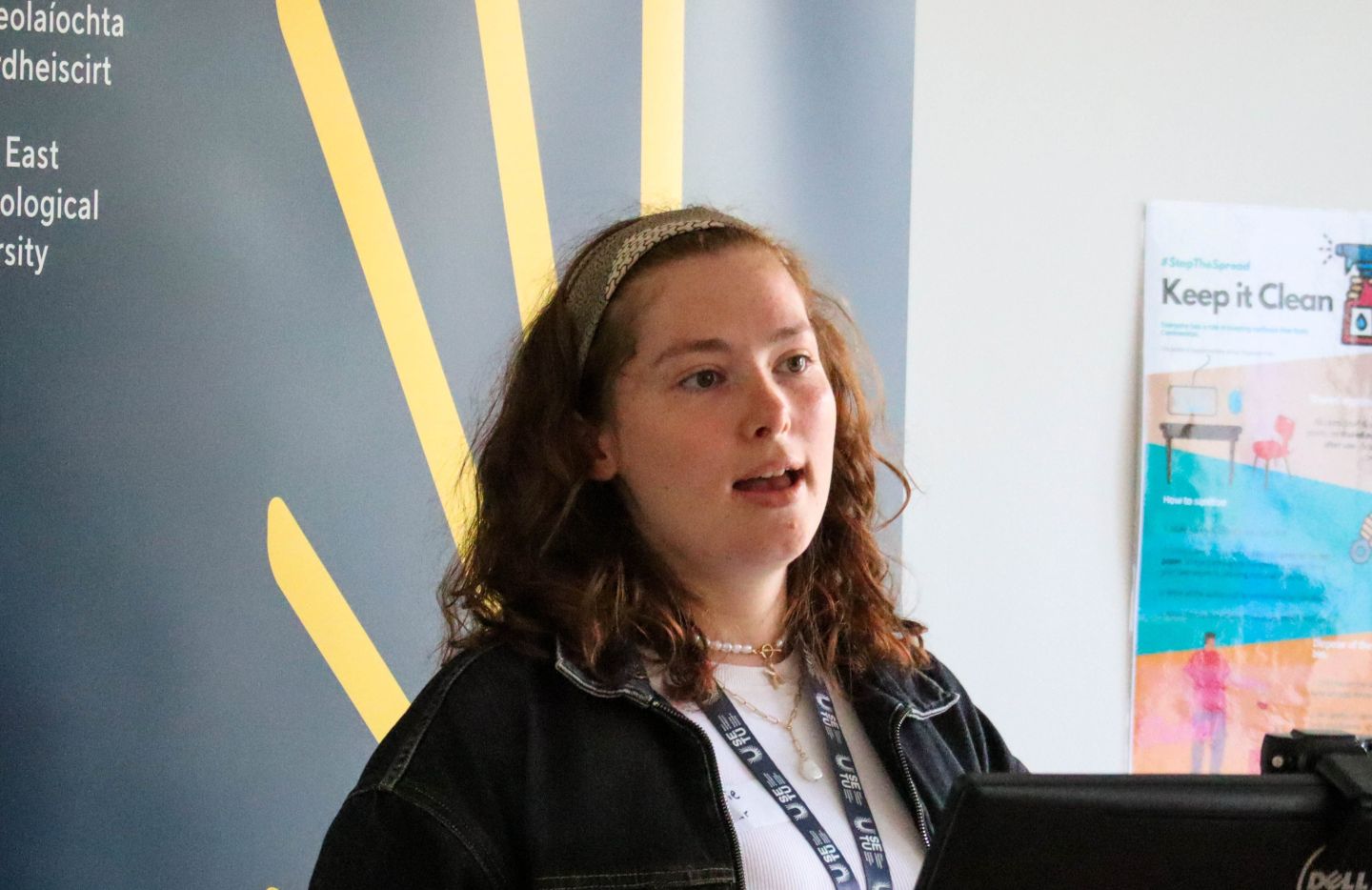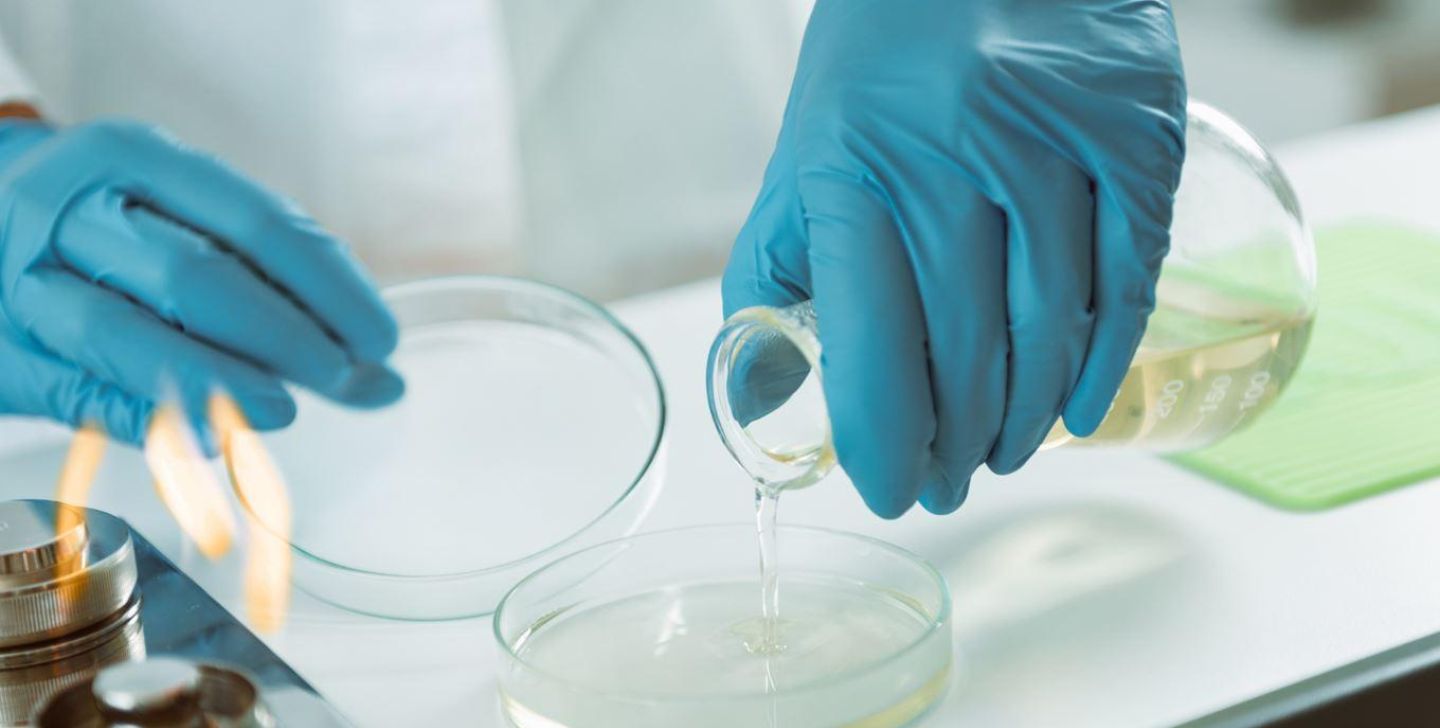What is the Course about?
Microbiology is all about understanding how microorganisms affect our world in crucial ways, from improving healthcare to protecting the environment and driving new technologies. This course dives into how microbes are used to diagnose diseases, clean up pollution, and create bio-based solutions and biological products for industries. It focuses on three main areas: Diagnostic Microbiology, Environmental Microbiology, and Industrial Microbiology.
Course Structure
Years 1 and 2 provide students with a strong foundation in the biology and chemistry of microorganisms. Year 2 introduces a key practical based module Methods in Microbiology which allows students to complement their theory delivered in new modules in Parasitology and Mycology and Virology. In Year 3, students focus on Diagnostic Microbiology, Microbiology for Pharmaceutics, Quality Management and Data Analysis in semester 1 and complete a 6-month industry placement during semester 2. Year 4 offers advanced study in Advanced Environmental Microbiology and Advanced Food Microbiology, with field trips, industrial site visits, and guest lectures from industry professionals.
Is this course for you?
If you're fascinated by microorganisms and their impact on health, the environment, and industry, and you want a course with extensive hands-on laboratory work, then our BSc (Hons) in Applied Microbiology is an excellent choice. This degree leads to exciting job opportunities in rapidly growing sectors like healthcare, environmental management, and biotechnology, offering a practical path to making a real-world difference.
Special Features:
- More than 50% of the course is dedicated to laboratory practical work, giving students essential microbiological skills.
- Small group sizes for laboratory sessions ensure personalised learning and support.
- A 6-month industry-based work placement in Year 3 provides valuable real-world experience.
- Extensive industry-relevant projects and advanced modules in Year 4 prepare students for professional careers in microbiology related fields and with the potential for further Postgraduate study in related fields.
- Exit award after each year of the programme.
Year 1
| Semester 1 | Semester 2 |
|---|---|
| Fundamental Biology | Animal and Human Biology |
| Chemistry 1 | Chemistry 2 |
| Laboratory Science | Quantitative Methods 2 |
| Quantitative Methods 1 | Physics 2 |
| Physics 1 | Current Concepts in Science |
M is a mandatory subject - E is an elective subject
Year 2
| Semester 3 | Semester 4 |
|---|---|
| Fundamentals of Microbiology 1 | Methods in Microbiology |
| Molecular Biology 1 | Fundamentals of Microbiology 2 |
| Biochemistry Biomolecules | Molecular Biology 2 |
| Instrumentation | Parasitology |
| Quantitative Methods and Quality Control 1 | Mycology and Virology |
M is a mandatory subject - E is an elective subject
Year 3
| Semester 5 | Semester 6 |
|---|---|
| Diagnostic Microbiology | Work Placement |
| Microbial Cell Factory | |
| Environmental Science | |
| Microbiology for Pharmaceutics | |
| Quality Management, Experimental Design and Data Analysis |
M is a mandatory subject - E is an elective subject
Year 4
| Semester 7 | Semester 8 |
|---|---|
| Bioinformatics and Systems Biology | Advanced Environmental Microbiology |
| Food Fermentation | Regulatory Affairs |
| Microbial Pathogenesis | Project |
| Molecular Genetics and Immunology | Current Trends in Biopharmaceutical Technology |
| Industrial Bioprocessing |
M is a mandatory subject - E is an elective subject
What are the minimum entry requirements?
Leaving Certificate:
2H5 & 4O6/H7
Subjects required:
- English or Irish at O6/H7
- Mathematics at O6/H7
What follow-on study opportunities are available?
Postgraduate study options in SETU include taught programmes for example MSc Regulatory Affairs and PhD programmes linked to our research centres of excellence including enviroCORE and in other national and international institutions.
What will I be able to do when I finish the course?
With a BSc Hons in Applied Microbiology, you'll be ready to contribute to challenges like developing and manufacturing new diagnostics and biologics, fighting antimicrobial resistance, and improving environmental sustainability. Whether you choose further study, research, or jump into careers in healthcare, biotech, or industry, this degree opens doors to exciting possibilities.






